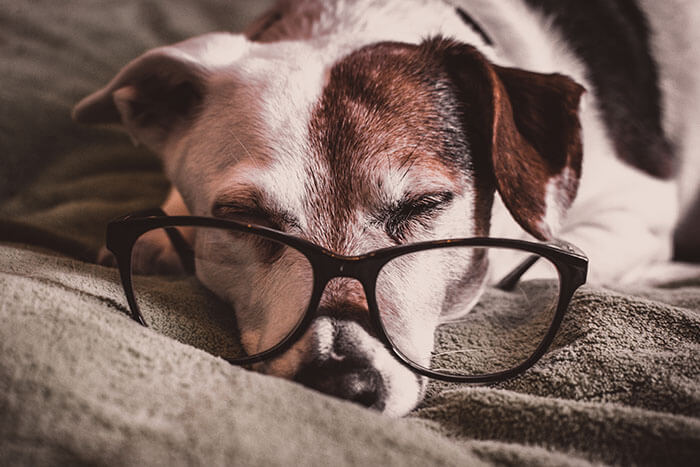Looking After Senior Pets
South Cranbourne Veterinary Surgery
Looking After Senior Pets
South Cranbourne Veterinary Surgery
Of course some pets are perfectly fit and healthy at this age but if you think they are slowing down a bit or could have any of the problems out lined below then please bring them in for a health check so we can help you manage any problems they may be experiencing.
Top six health tips for senior pets
1. Visit the veterinarian twice-yearly for a routine check-up.
2. Be on the lookout for symptoms of common conditions affecting senior pets and seek veterinary advice promptly.
3. Feed your pet a high quality premium diet and don’t overfeed as obesity causes many health problems and may shorten your pet’s life.
4. Make sure your dog receives adequate exercise, according to their physical capacities. Gentle exercise is beneficial even if your pet does suffer from arthritis but supplements and medications may help with comfort levels.
5. Look after your dog’s dental health. You may need to consider a professional teeth clean.
6. Give your dog lots of love and attention and do all you can to keep them interested, active, happy and comfortable
Nutrition
As your pet ages their nutritional requirements change. Older pets are less active and have a slower metabolic rate, therefore requiring fewer calories. If fed on a diet that is too high in calories your pet will be at an increased risk of obesity and associated problems such as diabetes and arthritis. Lower levels of certain nutrients in the diet, including sodium and phosphorus, can help your pet maintain a healthy heart, kidneys and urinary system. Certain diets on the market are specifically formulated to meet the unique requirements of the older pet.
Arthritis
Many older pets, particularly those that are obese, will develop arthritis in one or more joints. Is your pet:
- reluctant to walk or play?
- having difficulty climbing stairs or into cars or chairs?
- your cat won’t jump to heights that it used to?
- having difficulty getting up from rest, particularly in the mornings?
- less interested in interacting with people or showing more irritable behaviour?
- licking or chewing particular joints?
These are the most common signs seen in arthritic pets. If these signs are noticed it is not all bad news, there are many different ways that we can help your pet to be more comfortable, including medications, diet and lifestyle management.
Teeth
With poor dental hygiene and age, plaque and tartar begin to form on the teeth. Bad breath is commonly the first sign of dental disease. Plaque and tartar cause gingivitis, which can lead to damage of the tooth’s supporting structures and loss of the tooth. Bacteria in plaque can also enter the blood stream and spread to the vital organs, such as heart, liver or kidneys. Long term dental disease is one of the most common causes of heart and kidney failure. Older pets may require a scale and polish to clean their teeth. There are also a number of management diets and treats available to help prevent tartar build up.
Kidneys
Have you noticed your pet to be drinking and urinating more than usual? Many older dogs and cats develop kidney disease. Although there is no cure for chronic renal failure, if detected early, the course of the disease can be altered with diet and medications. Blood and urinary tests can be completed to assess your pet’s kidney function.
Thyroid problems
Thyroid problems in cats presents as extreme weight loss despite good appetite, as well as agitated behaviour, increased thirst and sometimes vomiting. A simple blood test can diagnose hyperthyroidism and treatment is relatively simple, providing a good quality of life.
Thyroid problems in dogs presents as weight gain, hair loss and lazy behaviour. If you are concerned about these signs in your dog please call to make an appointment.
Heart
Is your pet coughing or not wanting to complete that walk that he/she used to do easily? Heart disease or heart failure is fairly common in older animals, but if diagnosed early, heart disease can be managed with medications to ensure that your pet has a comfortable quality of life.
Lumps
Many older animals develop skin lumps. Some of these may be cancerous whilst others will be benign. If you notice a lump on your pet, it is best to get it checked by a vet so that the appropriate treatment can be given. This may involve removal of the lump or just monitoring of it’s growth or change in colour. Digital photos of lumps can help to identify subtle changes in size and colour.
Incontinence
It is not uncommon for our older pets to lose control of their bladder. This is often seen with small patches of urine in your pet’s bed. This needs to be differentiated from other diseases which can cause excessive drinking and urinating. Incontinence itself is a manageable condition and doesn’t have to be an embarrassing problem for your pet.
Senility and General Signs of Aging
Aging of the brain is a natural process in our older animals. Signs that may be seen include disorientation, less interaction with family members, changed sleeping patterns and loss of house training. Many animals also experience varying degrees of deafness and/or blindness. There are medications available to support the brain through these aging changes.

Opening Hours
Monday: 8am–7pm
Tues-Thurs: 8am–6pm
Friday: 8am–7pm
Saturday: 8am–12pm
Sunday: Closed
Address
82 Earlston Circuit, Cranbourne VIC 3977

